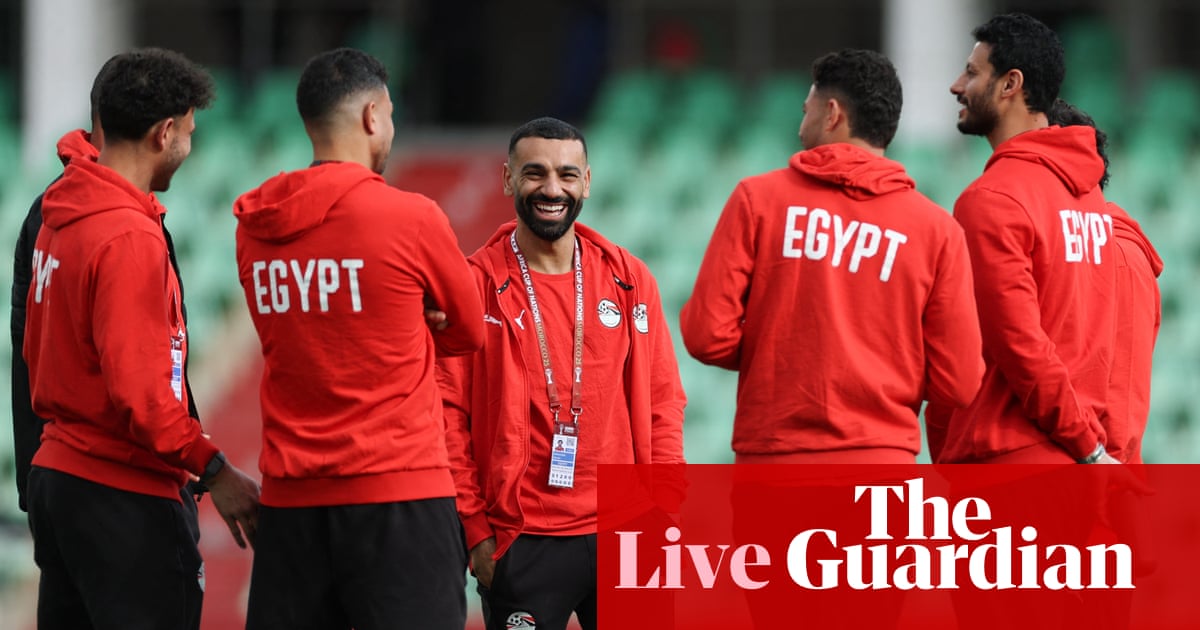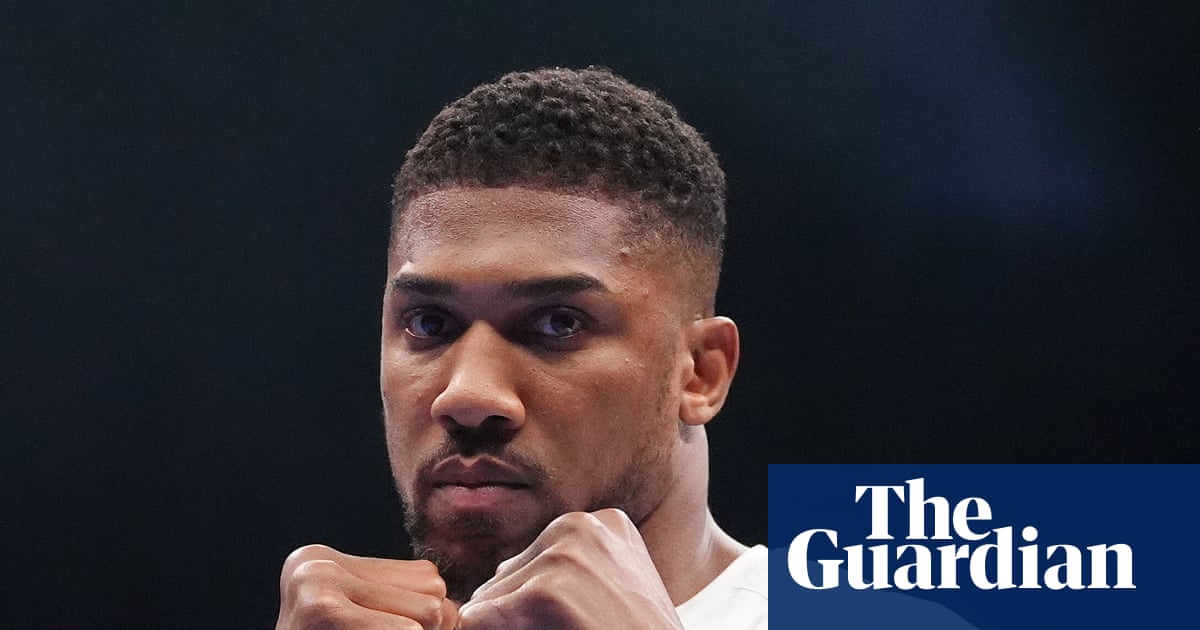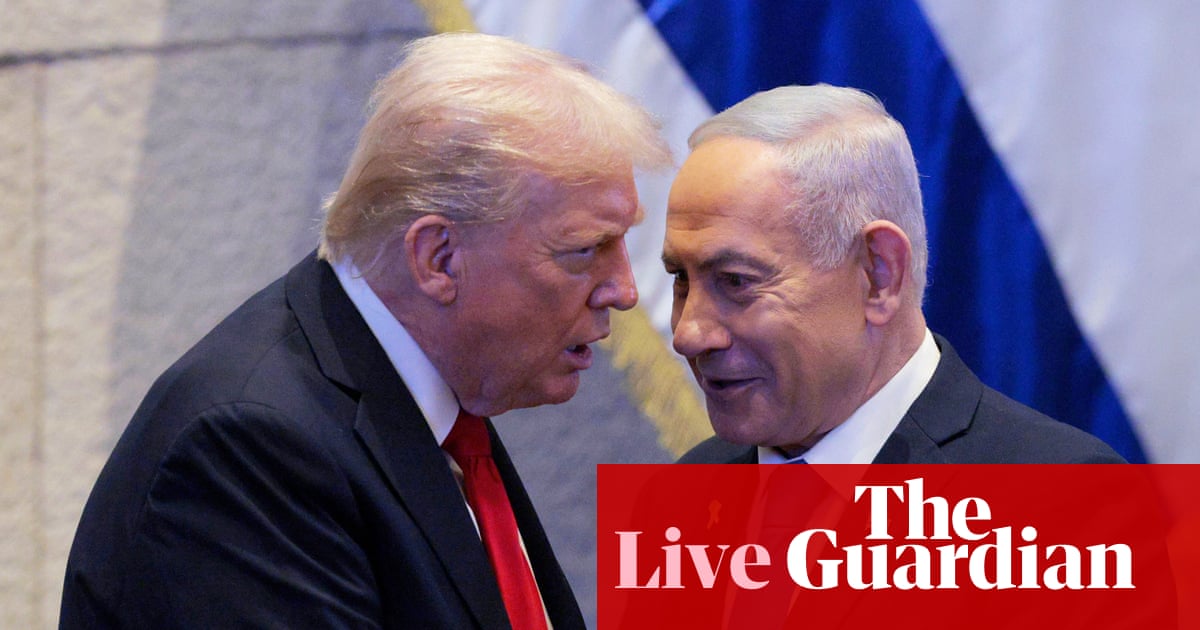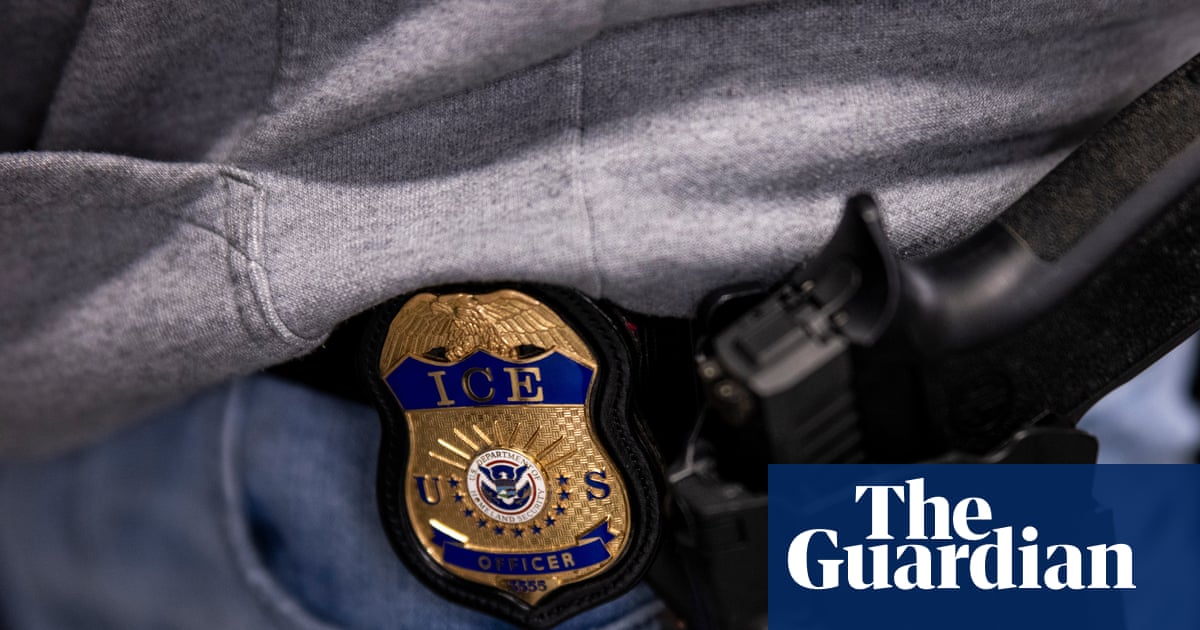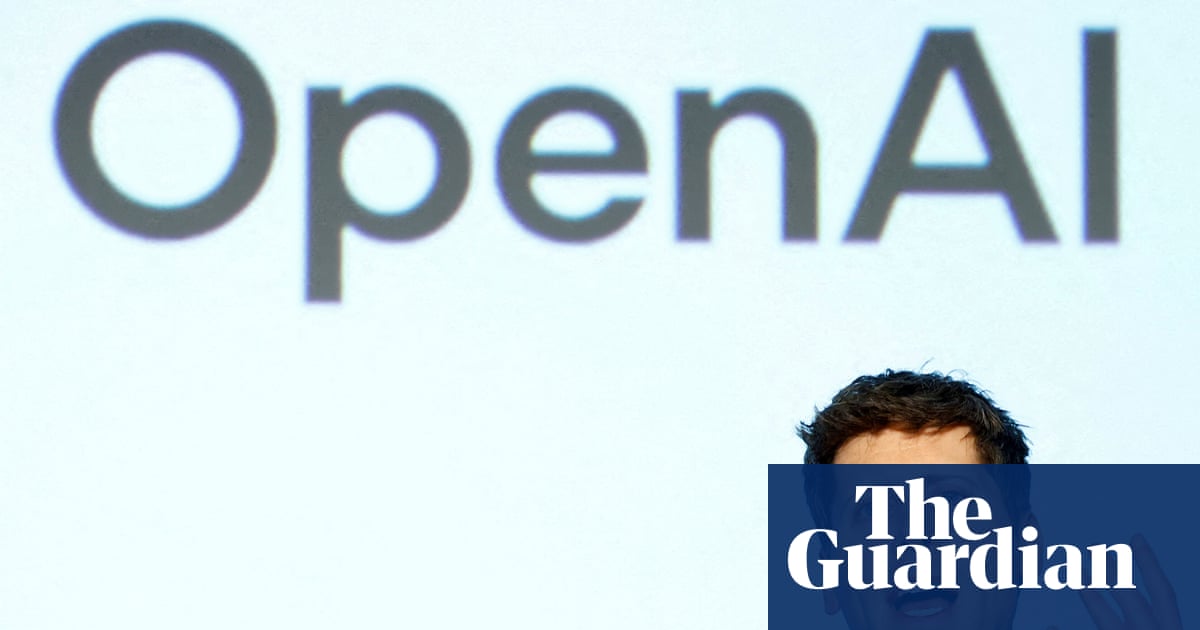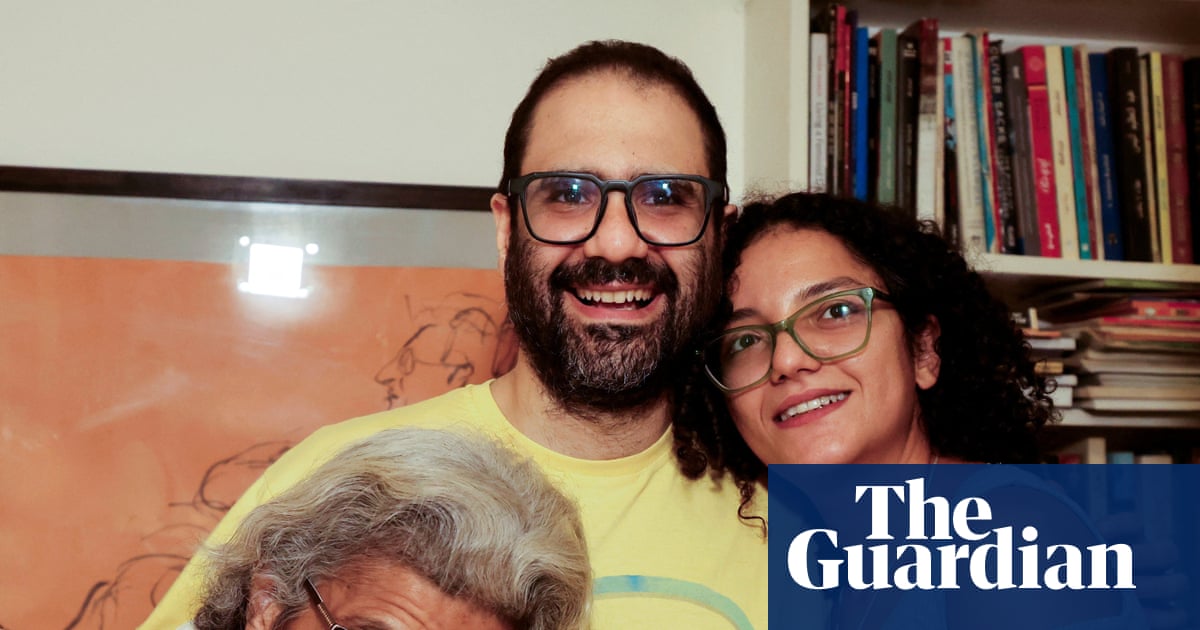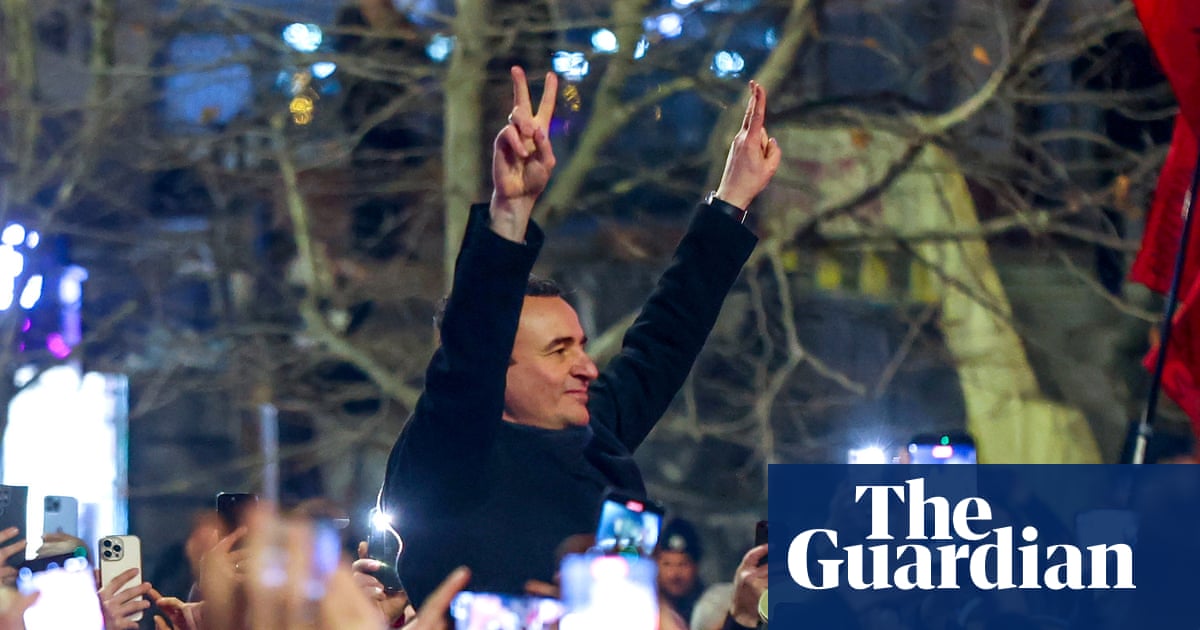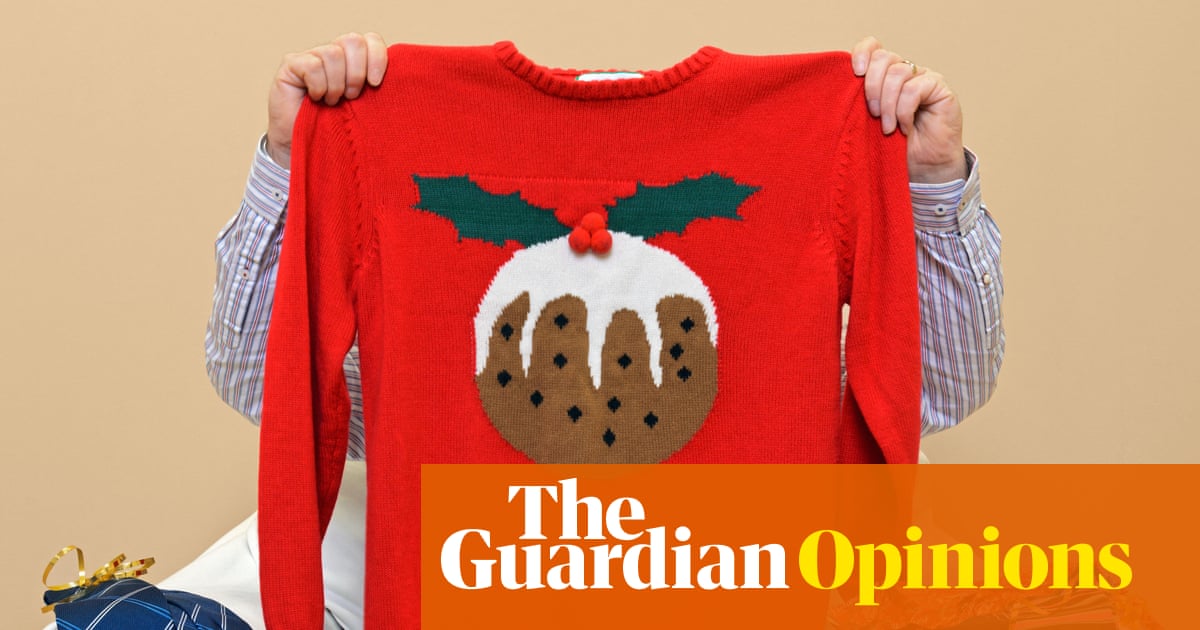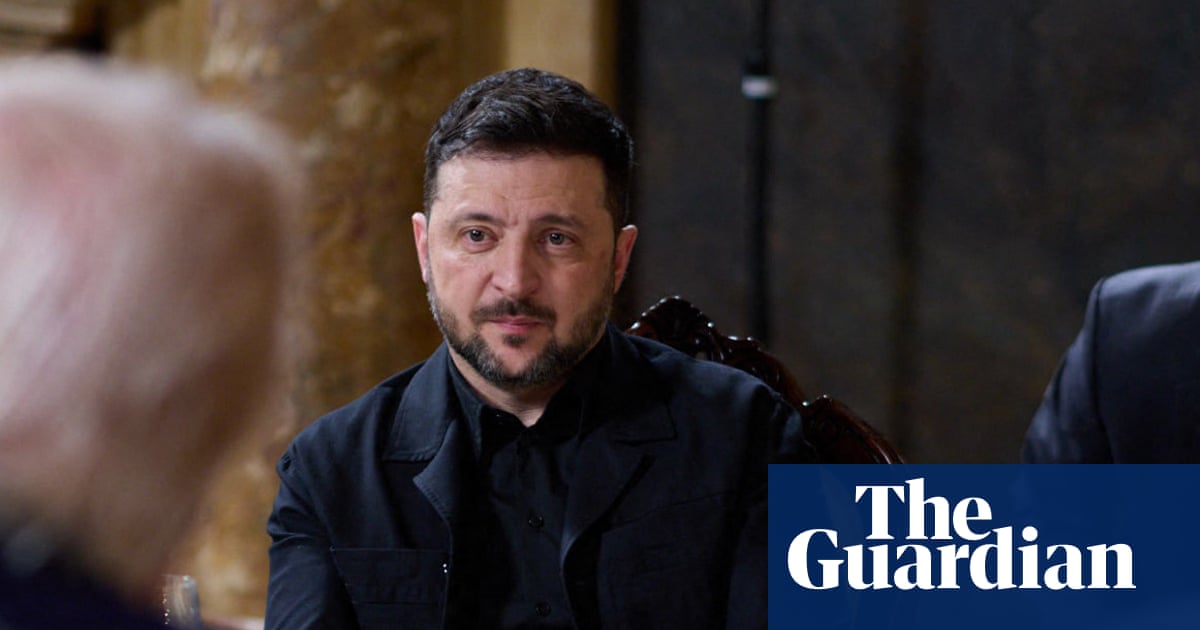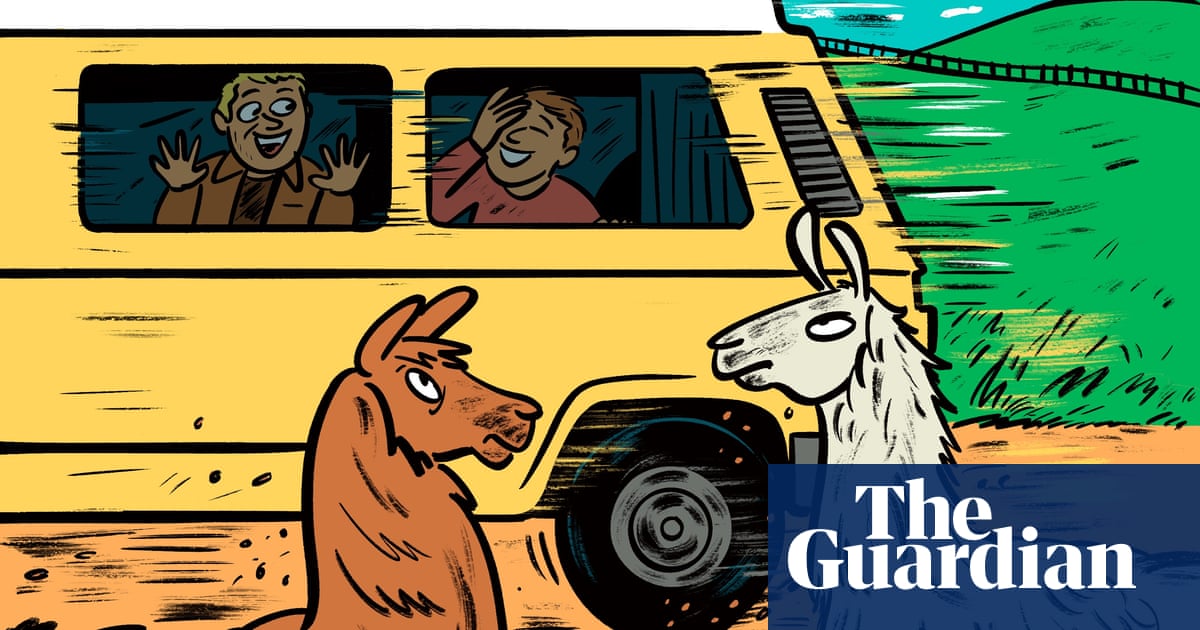The US Eagles men can qualify for the 2027 World Cup on Sunday, by beating Samoa in the Pacific Nations Cup fifth-place play-off in Denver. Defeat will not end hopes of making it to Australia, as further play-offs await. But in another horrible week for American men’s rugby, to have one weighty challenge dealt with would be welcome indeed.
On Thursday, in a move the Guardian understands caught other team owners by surprise, the Houston SaberCats became the third team to drop out of Major League Rugby this year. That reduced the competition to just seven teams from 11 last season, given the merger of San Diego and LA, announced in August as NOLA Gold and Miami Sharks also called it quits. Houston, San Diego and NOLA were founder clubs in 2018.
The Eagles head coach, the former Test flanker Scott Lawrence, supervises a squad predominantly employed – or not – in MLR. Four Houston players were in the 23-man squad for the 47-21 defeat by Japan in Sacramento last week. Two more were unattached after previous collapses, seven were at least nominally with the new California Legion, and four came from Anthem Rugby, the Charlotte, South Carolina team backed by World Rugby that is winless in two MLR campaigns.
Speaking to reporters on Friday, Lawrence said: “I think for any person, when you hear your employer make a kind of surprise announcement [like Houston’s], I think he’d be lying just to say it doesn’t factor into your thinking.
“You know, this morning, I woke up and I was doing my morning devotions and I realized in prayer that this is a reality for us. I’m just grateful that we can provide right now whatever salary we can to these guys, and that we’re putting an athlete’s diet into their body, which is expensive for them personally, and that we’re helping them bridge the gap for that. We just let them know that every one of them, we’re going to fight like heck to make sure they’re taken care of.”
At 30, Damm knows how tough being a rugby player in America can be, having locked the scrum in MLR for Glendale Raptors, who quit in 2020; for Atlanta, who moved to LA in 2024; and for LA before the California merger.
He said: “When you perform at a high level, you’re used to having to find ways to sort of hone in on what you’re working on and block out the outside. And I think for the guys that are here, this opportunity is an incredible gift, to have something else to focus on right now, something else to put your energy into.
“Because I know it can be really hard to just sit at home and have all these questions in your head. So when you have a piece of work as meaningful as this to focus on in the meantime, it provides a great distraction and motivation and focus point.”
It’s been a while since the Eagles saw World Cup qualifiers as any sort of gift, other than perhaps something booby trapped. Three years ago, defeats by Uruguay and Chile sent the US into the final repechage in Dubai, where Portugal took the last place at France 2023 on superior points differential.
That was a nightmare but the Eagles’ then coach, Gary Gold, said this week he saw improvements in the American effort when they faced his current employer, Japan, and favored them to beat Samoa.
Samoa face challenges of their own: generally strapped for cash, they are also reliant on MLR talent, including key men who until this week earned a living in Houston. For the Eagles, battles with hooker Pita Anae-Ah Sue and fly-half AJ Alatimu will take on extra meaning.
Around MLR, uncertainty continues to swirl. The Guardian understands that new investment in the Utah Warriors, vital to survival, was on the brink of approval before Houston’s exit broke. Rumors and reports say teams still standing may switch competitions: the California Legion perhaps to Super Rugby, with teams from Australia, New Zealand and the Pacific Islands, the Chicago Hounds and three-time champion New England Free Jacks maybe to the United Rugby Championship, drawn from Wales, Scotland, Ireland, Italy and South Africa.
R360, the mooted breakaway grand prix-style league fronted by the former England center Mike Tindall, has been hovering too, though it has suffered a setback.
This week, one MLR owner pointed the Guardian to news of a $14bn investment platform formed by CVC Capital Partners, which owns stakes in the URC, the English Premiership and the Six Nations and has long been linked to North American plans. The same owner said Canada’s qualification for Australia 2027 – at the Eagles’ expense after a 34-20 win in Calgary last month – would increase the likelihood of a Canadian team in MLR, two years after the demise of the Toronto Arrows.
Renewed attention has also stuck to World Rugby’s announcement, in Washington in July, of $250m to $270m in new investment for American rugby, in the run-up to US-hosted World Cups in 2031 (men) and 2033 (women).
Where such investment goes, nobody knows. But Lawrence vowed: “Rugby will continue in the United States, it will look differently, and we’re going to do our job. This is the time now. This is the time for us to look to be a domestic union that supports the growth of the sport. This is the time for our professional team league to get behind developing domestic talent.
“There’s enough of it. There’s less teams. Let’s start going forward with that and look at using our resources in a way that grows the sport and grows American players … So yeah, there’s an opportunity for us to do something, to change our course here over time.”
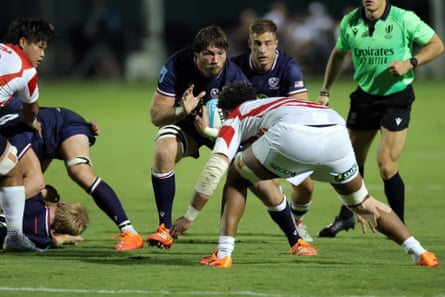
As for the challenge of beating Samoa – which the Eagles have done twice in eight meetings, the last time in 2019 – Lawrence and Damm were not to be tempted into overly bold talk.
“I’ve been saying all week, like, let’s not make the moment bigger than it is,” said Damm, “because at the end of the day, it’s another game of footy.
“Obviously, to ignore the moment is pretty naive, but it’s more of making sure that through our prep, we keep consistent with our actions and keep consistent with our game plan and not letting the moment get to us, as opposed to staying together as a team and rising to the occasion whatever comes our way.
“So, it is another game of footy, but it’s also another Test match. And I think there’s a different level of intensity that you have to bring to Test matches, as opposed to club, because when you put on a nation’s jersey, you’re carrying a lot of weight. But that’s a good thing, and that’s a privilege and an honor, so it’s about not letting the weight hold you down.”
-
Martin Pengelly writes on Substack at The National Maul, on rugby in the US

 3 months ago
57
3 months ago
57
